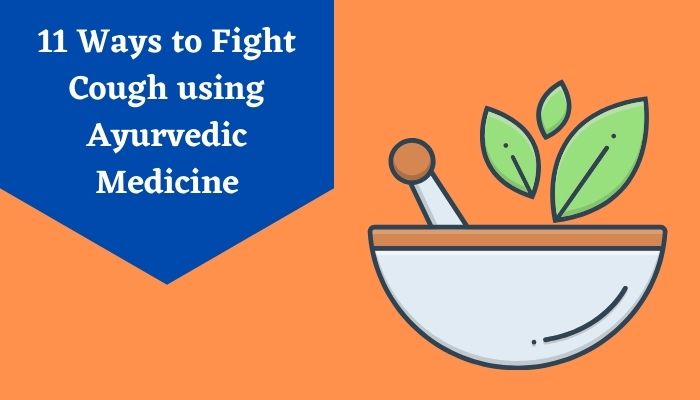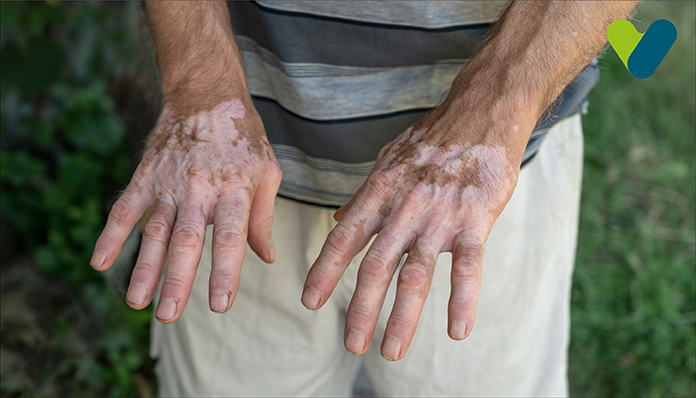Ayurveda is an ancient medical science that uses natural herbs, spices, and other products and lifestyle adjustments to cure various disorders. Ayurveda, which is thought to have originated in India's Vedas, is currently popular in many world regions.

It is widely used as complementary medicine, and millions of people rely on Ayurvedic treatment for colds and other ailments. The Ayurvedic medical philosophy is based on the notion that there are five components in the universe: air, space, fire, water, and earth. These five elements are supposed to make up your body's three components (doshas), and illness occurs when these components become unbalanced.
1. Tulsi: Tulsi is one of the most effective cough treatments in Ayurveda for removing dry cough. Tulsi is renowned in Ayurveda as the "Mother Medicine of Nature" because of the multiple advantages it provides, which is perhaps why it is adored in Hindu families in India. Tulsi leaves to increase the formation of antibodies in the body, which aids in the fight against illnesses. Tulsi leaves are healthy to eat and can be used in a variety of ways, like:
- 5-6 leaves chewed in the morning.
- Tulsi tea.
- Adding Tulsi leaves to kadha.
- As ginger tea - Ginger tea is one of the most effective Ayurvedic cold cures. To make it:
- Boil water with ginger slices and tea.
- Pour it into a cup after straining.
- Consume it with honey on top.
- Ginger and honey- Mix a tablespoon of honey with grated ginger and consume. For a more dramatic effect, add black pepper.
- By mixing it with ginger juice.
- By mixing it with tea or kadha
- As a juice
- As tablets
- By adding in a kadha
- By soaking mulethi powder in warm water
- Gargling with mulethi extract
- Mixing it into tea or kadha
- Add pippali powder to a scoop of honey and swallow it.
- After straining, add it to kadha and drink it.
- Chew one or two raw garlic cloves
- Adding it to soup or other meals.
9. Steam: A wet cough, or one that produces mucus or phlegm, maybe helped by steam. After a hot shower or bath, let the bathroom fill with steam. To check if your symptoms go away, stay in the steam for a few minutes. Then, to chill down and avoid dehydration, sip a glass of water. As an alternative, make a steam bowl. Half-fill a large basin with boiling water. To relieve congestion, use herbs or essential oils like eucalyptus or rosemary. Lean over the bowl and wrap a towel around your head. This keeps the steam from escaping. Inhale the vapours for 5 minutes. If the steam is too hot for your skin, stop using it until it cools down.
10. Turmeric: Turmeric is a common spice in every Indian household, and it can help with a variety of health issues. Curcumin is the main ingredient in turmeric, and it has antiviral, antibacterial, and anti-inflammatory activities. For generations, this yellow spice has been used in Ayurvedic medicine to treat respiratory diseases. Before retiring to bed, mix 1/4 teaspoon turmeric in a glass of warm milk and drink it.
11. Peppermint: The menthol in peppermint leaves can numb the nerve receptors in the throat that become inflamed by coughing. Menthol can also aid in the breakdown of mucus and the relief of congestion. To relieve coughing, drink peppermint tea 2-3 times a day. Peppermint oil can also be used as an aromatherapy treatment.


